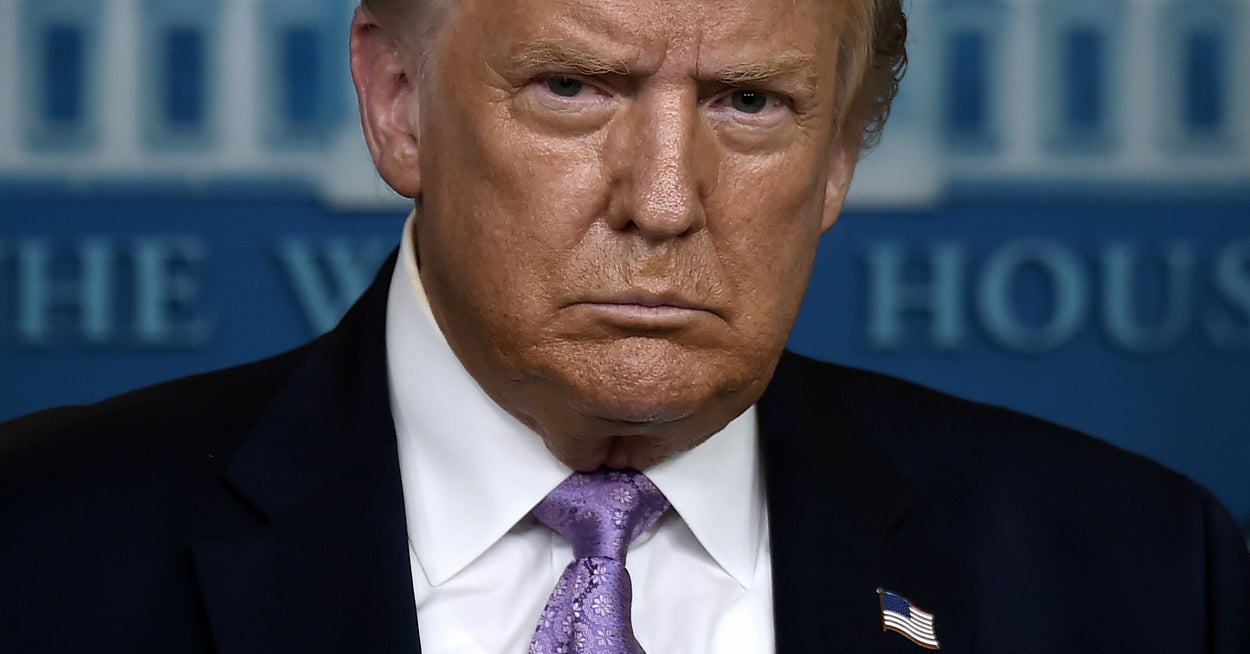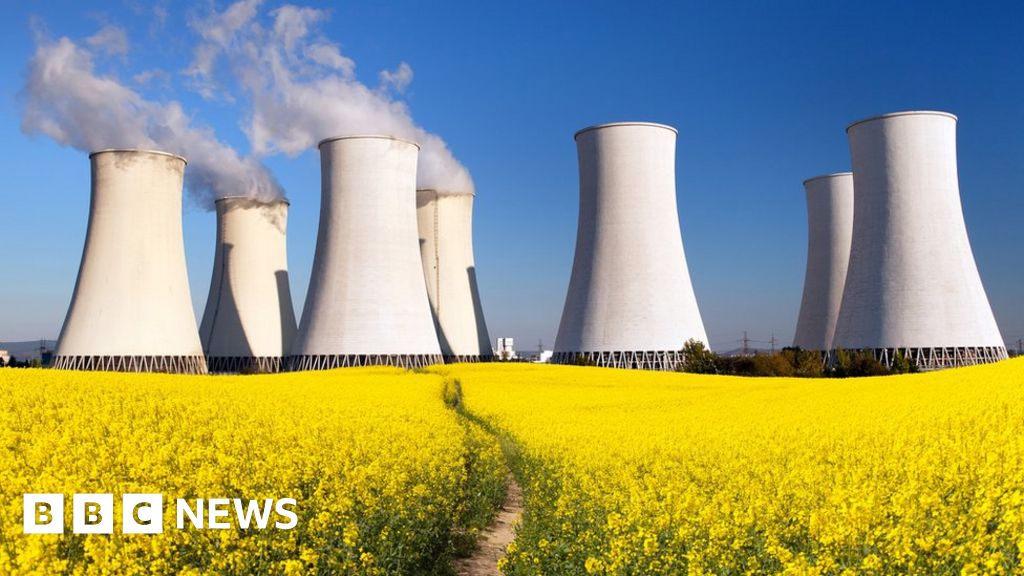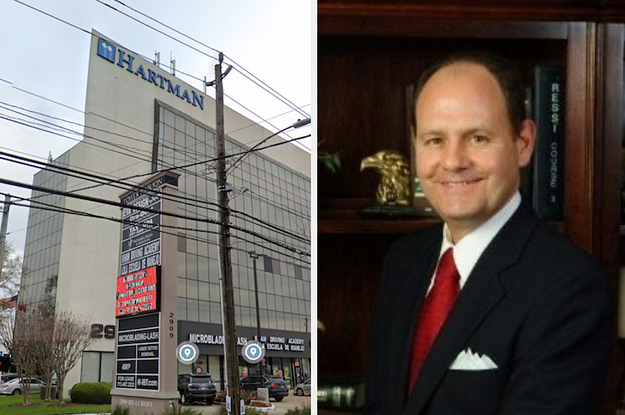US Solar Companies Rely On Materials From Xinjiang, Where Forced Labor Is Rampant
Since late 2016, the Chinese government has imposed a campaign that has included mass detention, digital surveillance, indoctrination, and forced labor on a population of about 13 million Muslim minorities in the far west region of Xinjiang, including ethnic Uighurs, Kazakhs, and others. Non-Chinese people visiting Xinjiang are often heavily monitored or escorted by police officers, so it is very difficult for companies to audit their supply chains for forced labor, experts say.
“It’s almost impossible to confidently assess the labor conditions in Xinjiang just because it’s almost impossible to get a competent assessor into the region. And then their ability to interview workers, especially Uighur workers, is limited because of the surveillance,” Amy Lehr, director of the human rights program at the Center for Strategic and International Studies in Washington, DC, and the lead author of a report on forced labor in the region, told BuzzFeed News.
But US Customs and Border Protection already has the legal authority to ban imports from the region if it suspects forced labor has been used. The agency stopped a shipment of human hair from Xinjiang in July based on reports that the extensions were made using prison labor. In December, CBP seized shipments of cotton and computer parts from Xinjiang. This week, it banned imports of tomato and cotton products from the region over what it called “slave labor.”
“It’s quite possible solar companies could be scrutinized by CBP regarding Xinjiang-related forced labor risks in their supply chains even if there is no regional ban because this issue is getting more attention,” said Lehr.
The research group Horizon Advisory said in a report that polysilicon from Xinjiang frequently lands in the US.
“Those goods enter the United States from China both directly and via indirect trans-shipment and processing in several other countries, including Thailand, Malaysia, Korea, Singapore, and Vietnam,” the report says, concluding that “exposure to forced labor is pervasive” in the industry, including in “solar panels imported and installed in the United States.”
Forced labor is typically used for manufacturing jobs that don’t require specialized skills. Some of these types of tasks, like breaking apart tubes of the material, are used in the production of polysilicon.
If the US did ban polysilicon imports from China, industry experts say US-based companies would have enough capacity to make up for the shortfall, but would face higher costs and other problems in the supply chain.
For one thing, other parts used in solar panels are dominated by Chinese manufacturing as well. Once polysilicon is made, it’s sliced up into tiny nuggets called “wafers.” The overwhelming majority of wafer makers are located in China. And compared to other parts of China, it’s cheaper to manufacture polysilicon in Xinjiang, where companies can receive large subsidies from the government and the cost of electricity, provided by coal plants, and wages are typically lower than in wealthier parts of China.
REC Silicon, a Norwegian polysilicon maker whose manufacturing facilities are based in the US, invested more than a billion dollars in building a polysilicon factory in Washington state. After the Chinese tariffs on US goods hit, the company had to first slow production and then completely shut it down in 2019.
And the industry could face more domestic difficulties ahead. An executive with Hemlock Semiconductor Group, a US-based polysilicon maker, told investors on Oct. 22 that he was “fairly convinced” a US government investigation into the solar supply chain is coming.







